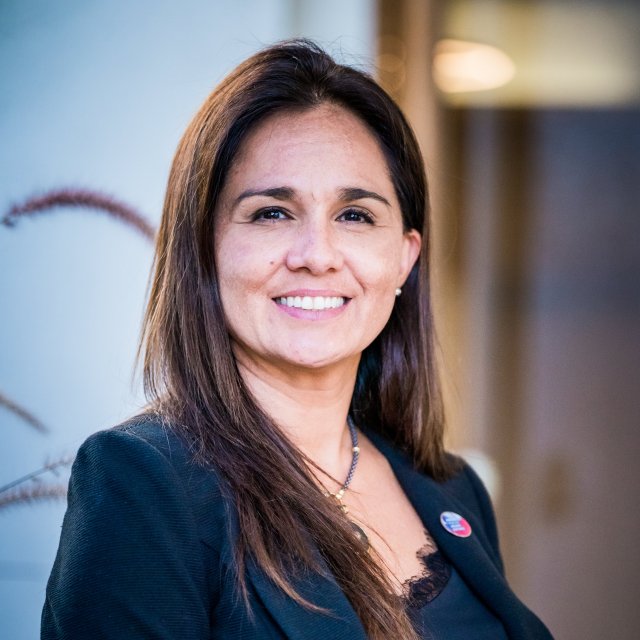Development Cooperation
The Chilean International Cooperation Agency (AGCI) is responsible for projecting the country’s international cooperation policy which is aimed at supporting development initiatives through addressing national development gaps and supporting domestic efforts for promoting more inclusive and equal societies abroad. Poverty eradication, overcoming inequality, the mitigation of the negative impact of climate change and the promotion of sustainable development are our shared goals. Our policy is focused primarily on Latin America countries and the Caribbean, focusing our development projects on the exchange of skills and knowledge in public policy areas where Chile has a comparative advantage.
Chilean cooperation is based on South-South cooperation and is aligned with the policies currently being developed in Latin America and the Caribbean - sharing experiences and policies for the development of our countries. Project ownership, knowledge sharing among different stakeholders, respect for the role of the diverse actors, and the implementation of long term programs are important components of this approach.
Chile also assumes its dual role as a middle-income country: first, supporting countries in the region through the transfer of skills and knowledge and second, as a recipient of cooperation in areas which require further development.
Chile is going through a period of changes intended to address its development challenges. This multidimensional concept encompasses aspects related to production (energy, connectivity, physical infrastructure, SMEs) as well as social aspects (social integration, support for vulnerable or at-risk sectors), all of which involve an ambitious reform agenda.
Cooperation instruments for high-middle income countries such as Chile tend to be targeted to support these specific development needs. Thus, support for improved and sustainable production and social and regional cohesion, through the development of public policies and reform strategies, as well as the exchange of experiences, knowledge and human capital training, are the most frequently used tools to respond to sectoral challenges and to move towards a sustainable future.











